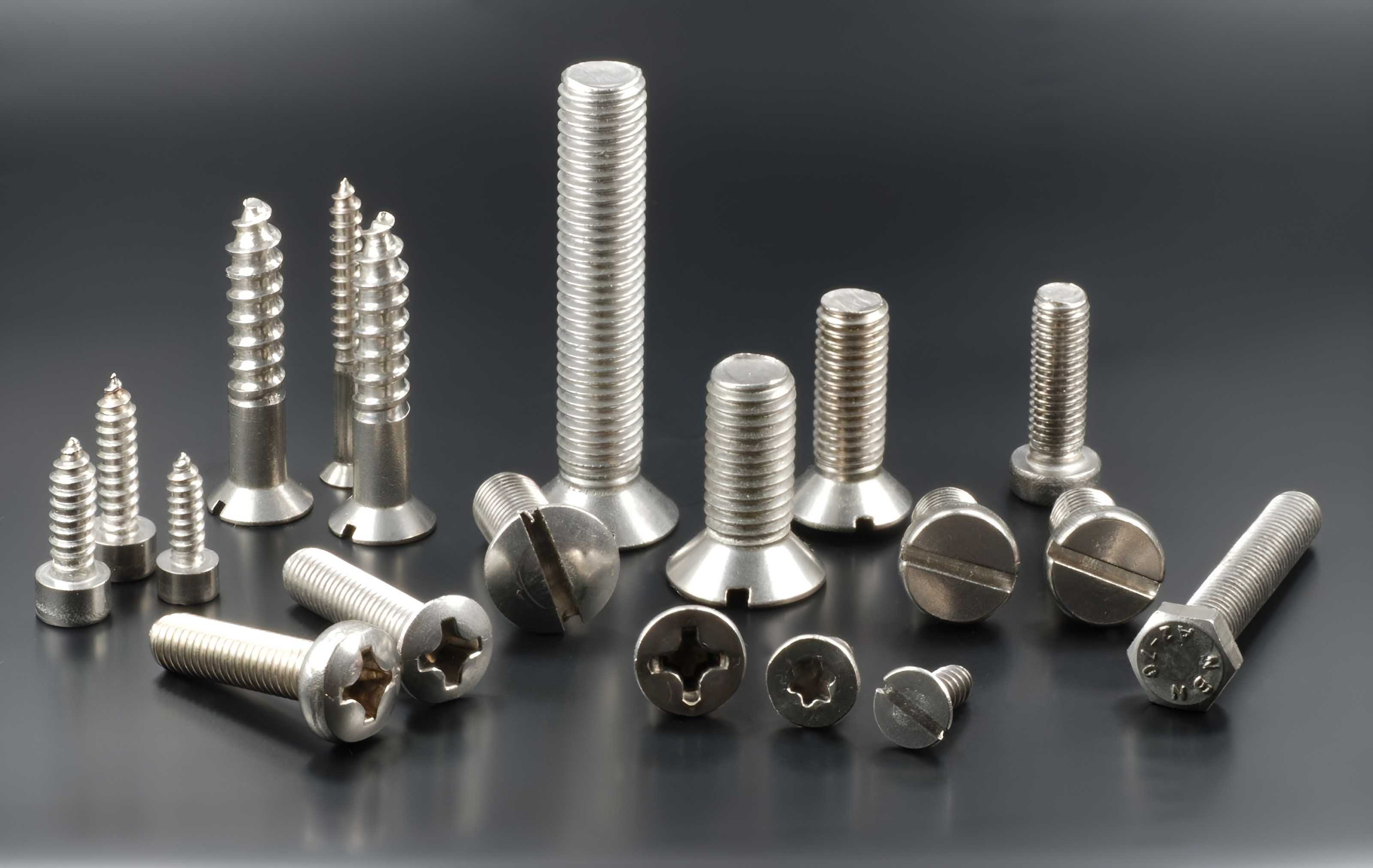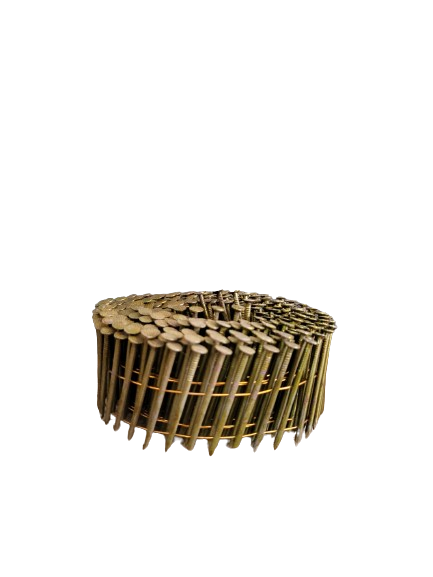What are Machine Screws?
Machine screws are a type of fasteners that are used to join and secure parts together for a wide range of applications.
Machine screws are threaded fasteners typically used with a nut or directly into a tapped hole. They are designed for precision assembly and are often used in applications requiring a tight and secure fit. Unlike wood screws or self-tapping screws, machine screws have uniform threads and are generally smaller in size.
Types of Machine Screws
Understanding the different types of machine screws can help you select the right one for your application:
a. Slotted Machine Screws
These screws feature a simple slot on the head and are one of the most basic types. They are easy to drive but can strip easily if over-torqued.
b. Phillips Machine Screws
Phillips screws have a cross-shaped slot that provides better torque than slotted screws, reducing the likelihood of stripping.
c. Socket Head Machine Screws
These screws have a cylindrical head with a hexagonal drive hole. They offer a strong grip and are ideal for applications requiring high torque.
d. Flat Head Machine Screws
Flat head screws are countersunk, allowing the screw to sit flush with the material’s surface. They are used in applications where a smooth finish is needed.
e. Pan Head Machine Screws
Pan head screws have a rounded top and are commonly used when the screw head needs to protrude above the surface.
f. Hex Head Machine Screws
Hex head screws have a hexagonal head that can be driven using a wrench or socket. They are often used in heavy-duty applications.
How to choose the right Machine Screw?
Selecting the right machine screw involves considering several factors:
a. Application Requirements
Identify whether the screw will be used in a high-stress, high-temperature, or corrosive environment.
b. Load and Torque Requirements
Consider the load the screw will bear and choose a screw that can withstand the required torque without stripping.
c. Material Compatibility
Ensure that the screw material is compatible with the materials being fastened to prevent galvanic corrosion.
d. Screw Length and Thread Size
Choose the appropriate length and thread size for a secure fit.
Common Applications of Machine Screws
Machine screws are used across various industries due to their versatility:
a. Electronics and Electrical Components
Machine screws are used to fasten parts in electronic devices, providing a secure fit without damaging sensitive components.
b. Automotive and Aerospace
In automotive and aerospace industries, machine screws are essential for assembling parts that require precision and strength.
c. Manufacturing and Machinery
Machine screws are used to assemble machinery, offering a reliable hold that withstands vibration and stress.
d. DIY and Home Improvement
From assembling furniture to fixing appliances, machine screws are widely used in DIY projects.
Conclusion
Machine screws are a fundamental component in many industries, offering reliable fastening solutions for a wide range of applications. By understanding the types, materials, and proper installation techniques, you can ensure that you choose the right machine screw for your needs, enhancing the performance and safety of your projects.





